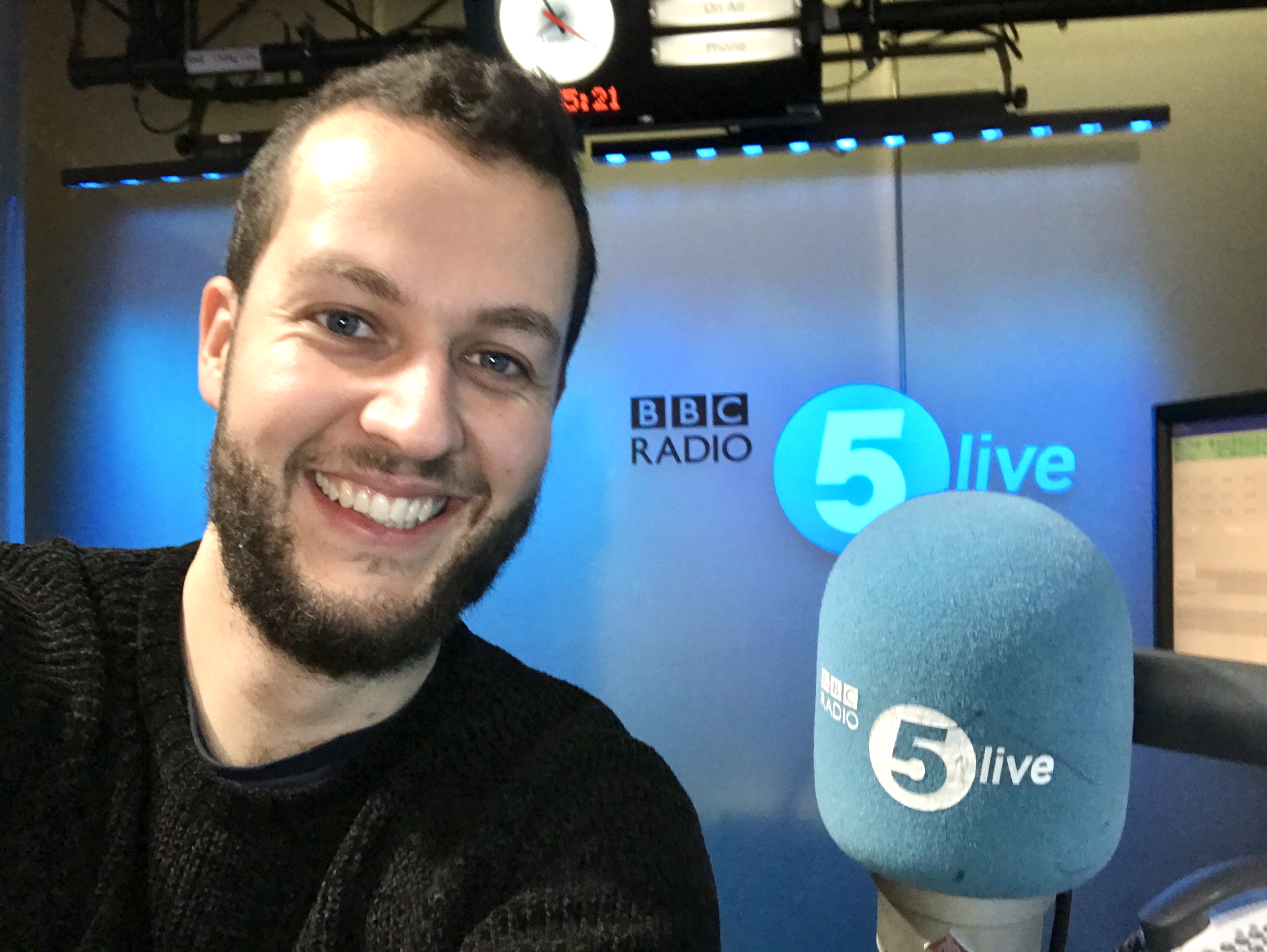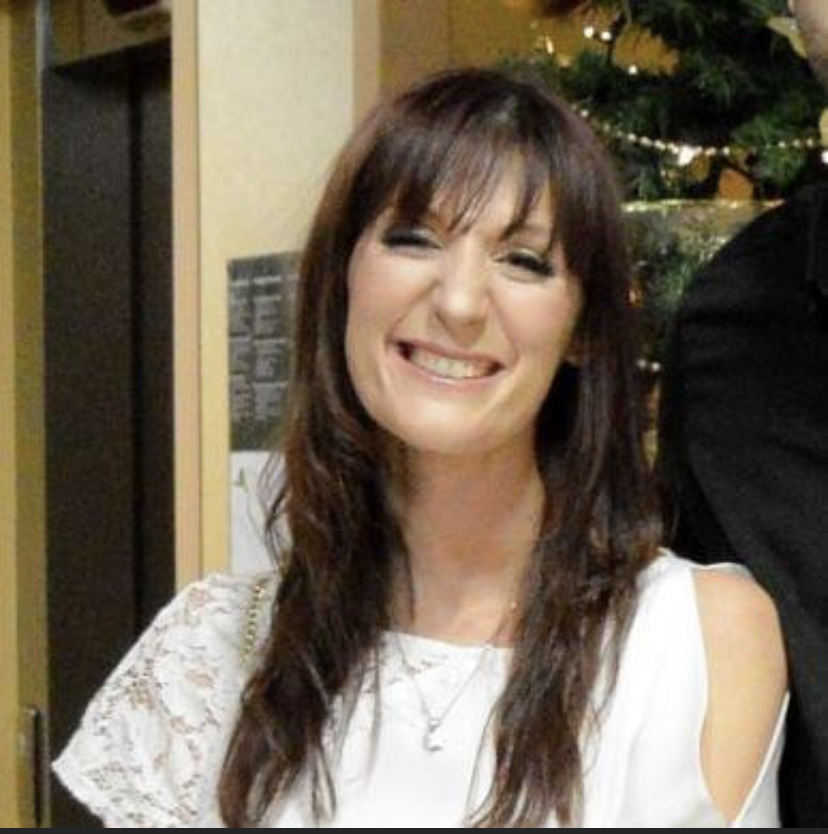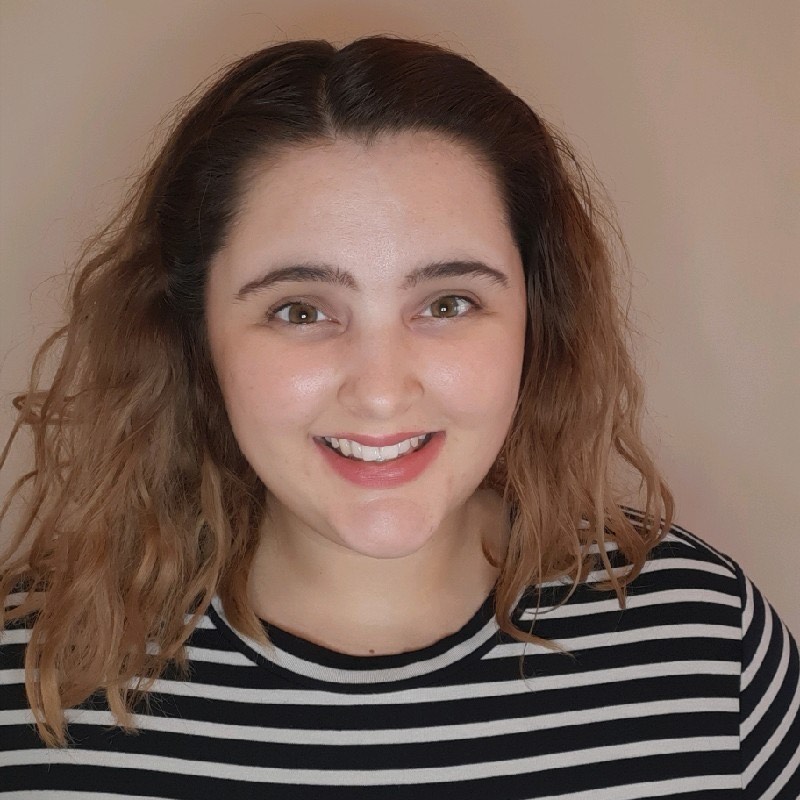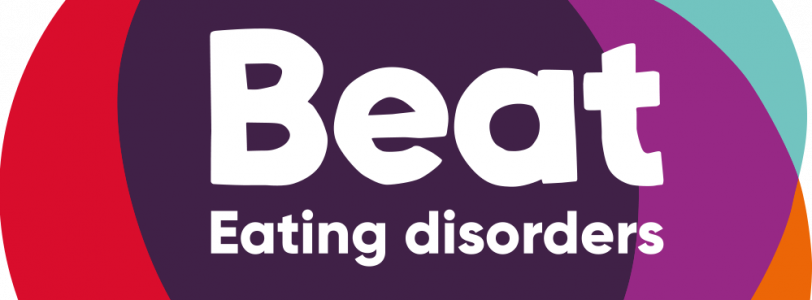Eating disorders are complex mental illnesses that impact 1.25 million people in the UK of all genders, ages and backgrounds, and they are rarely about food; food is simply a vehicle for the illness that can develop as an emotional response to trauma or stress.
Eating disorders have the highest mortality rates among psychiatric disorders. This can be as a result of health complications and/or suicide and is the reason why getting treated early is so essential.
According to Edward Emond, the Deputy Director of Services at Beat – the UK’s eating disorder charity, the earlier someone gets support, the better and more sustained their recovery will be. They are also more likely to recover fully, although some people will continue to have symptoms that they will have to manage for the rest of their lives.
The biggest initial barrier to people getting treatment and support is themselves. It can take a long time for someone to truly accept that they need help and even more difficult for them to communicate this, as eating disorders force people to isolate themselves from those closest to them to hide changes that are happening, Emond said.
Beat provides a number of resources to help people who are struggling with eating disorders and the people caring for them. A helpline, online chat and support groups are just a few of the resources that anyone can access if they feel they need support.
This Eating Disorder Awareness Week, Beat is also campaigning for improved training for university students seeking a medical degree. GPs get, on average, two hours of eating disorder training throughout their entire degree program, and Beat wants to increase this to ensure that people are not turned away from treatment because of inadequate training.
“The first thing is to know that a full recovery is possible,” Emond said. “It can feel as though you’re never going to get better, but it is possible to turn it round from the darkest places.”
Every person’s experience with disordered eating is different, and the road to recovery is not easy, but it is possible.
Dave Chawner

Dave Chawner was never “a jock or a geek,” and this lack of identity meant that his anorexia became something that defined him. It started when he was around 16 and plagued by the stress of exams and university. Dave felt out of control and as if there was no marker for if he was winning or losing at life, but losing weight and focusing on hard numbers and traceable, trackable things like calories was a marker, which he used to make himself feel better.
At first, Dave found weighing himself and seeing how much weight he had lost as ”short-term fun” and gave him a temporary high. When this was combined with comments about how good he looked after losing some weight, it made him feel good and then began to associate putting weight on with being bad. However, this was a short term, short lived enjoyment before he realised the severity and long term impacts of his relationship with food.
“I don’t want to glorify my eating disorder,” Dave said, “But no-one talks about the fact that at first, it was fun, and I was sort of enjoying it. But, although there might have been a fleeting enjoyment, the long term pay off was much worse.”
The situation soon escalated, as Dave started weighing himself more frequently and even skipping school to do so. He began working out more and obsessing about calories.
He realised he had a problem during his university years while working as a teacher at a boarding school that was three miles away from the nearest village. The food they served at the school was fattening, unhealthy and with no calorie count. Dave had no control over what he ate and freaked out. He would skip meals, hide food in his room, and set his alarm in the middle of the night so that he could exercise.
“One of the teachers at the school asked me if I was anorexic,” Dave said. “This was the first time someone had asked me instead of telling me.”
He went to the doctor to get treated for depression but denied the treatment for anorexia four times. However, an “amazing GP” said to Dave “you wouldn’t expect a laptop to work if you don’t charge it, so why do you expect your brain to work if you don’t feed it?” This visualisation promoted Dave to get the treatment he needed, and he has now been free from his eating disorder for ten years.
Now, Dave is passionate about trying to frame things positively and show people the good things they can gain from recovery. He is a Beat volunteer and is currently creating a comedy course to teach standup comedy to people with a history of eating disorders. This course is designed to help these people build confidence and connections, talk about the struggles they have faced and give them a platform to stand up for themselves. If you or a loved one could benefit from this, you can visit www.comedyforcoping.com.
Christina Taylor

When Christina Taylor became pregnant with her first child, she had been living with an eating disorder for nearly 13 years. During her pregnancy she was able to eat but soon after would make herself sick because she worried she would put on baby weight and then trigger a relapse of her anorexia, which she feared.
Christina went to see a doctor; she was concerned for the health of herself and her baby and wanted to know how to gain weight safely during pregnancy. When she told him she had an eating disorder, the doctor sat back in his chair and laughed at her before saying “If you don’t eat enough, your baby will eat you.”
Her disordered eating began when she was around nine years old after the loss of her grandmother. She started to eat large amounts of food in secret because it comforted her and made her feel safe. As a result, she put on a lot of weight and was ostracised and bullied by her classmates, who said she was fat.
After this Christina lost some weight while on a family holiday. When she got back and the girls at school started to accept her more because of her new physique, she started to associate being skinny with being liked. In three months, she lost a third of her body weight.
At age 14, she was diagnosed with anorexia and later turned to alcohol and laxatives as a way to alleviate a lot of her anxiety. But, this led to her putting on more weight, and a cycle ensued in which she would make herself vomit to stop herself from gaining weight from the food she ate.
Making herself vomit became a coping mechanism – one that she still used when she found out she was pregnant. Her daughter was born with no developmental issues, but Christina made a decision to change her eating habits. She didn’t want her child to ever see her making herself sick. After the birth of her second child, she feared that her daughter might develop an eating disorder as part of a learned behaviour. So, Christina committed to therapy seriously and realised she had to accept that if she wanted to be the sort of person and mother she wanted to become, then her body might not be exactly what she wanted.
Since then, Christina has made a full recovery and has learnt to respect her body and what it needs. She now spends her time as a Beat volunteer and sharing her story because she never saw anyone who looked like her in the media because she was diagnosed and suffered while she was pregnant. She felt like she was the only one who had ever been in that situation and wanted people to know that you can have a family and that you are not alone. Christina also writes a blog called Beyond My Plate about eating disorder management and recovery. You can reach her on Twitter at @barnaclebear.
“My eating disorder doesn’t define me but it is part of who I am,” Christina said. “It has made me more resilient and empathetic, and I realised that people love me for me and not because of the space I physically take up in the world.”
Shannon Western

Shannon Western was referred to an eating disorder clinic by her therapist but was never officially diagnosed with an eating disorder. She wasn’t underweight and didn’t meet the clinic’s standards for treatment. But just because she didn’t fit perfectly in the box didn’t mean her relationship with food didn’t affect her. She struggled with the bingeing/purging subtype of anorexia, and this later transformed into orthorexia.
Shannon’s disordered eating was never really about food but about the pressure she put on herself because she felt like her identity was defined by how she looked. She had always been very aware of her body and how she ate, partly because her family were big dieters with the mentality that you should avoid gaining weight when young to avoid having to “diet forever.” Additionally, the mix of societal standards and food and diet culture created a perfect storm that manifested in Shannon’s relationship with food from the age of around 10.
She and the therapist who had attempted to refer her for specialised treatment worked through her disorder themselves. Shannon’s disordered eating was linked to stress and perfectionism, and her therapist helped her with coping mechanisms and unlearning the toxic messages about food that were ingrained into her brain. This led her to a full recovery.
Once she was fully recovered, Shannon started working as an eating disordered nutritionist. Helping people through recovery helped her solidify the importance of recovery and a full life. Shannon is passionate about having a space to explore intuitive eating with her therapist, without which she doesn’t think she would have fully recovered. She works with a range of eating disorders and strives not only to help people recover but also to help them live a full life and rebuild the identity that is often lost when people struggle with their relationship with food. You can contact Shannon at [email protected] or visit her website www.easenutritiontherapy.com.
Reeya Patel

Reeya Patel described herself as a “chubbier child,” growing up in a time when being thin was considered desirable and having curves wasn’t. She was 11 years old, and these standards, combined with occasional comments about her weight, caused Patel to skip meals and control her eating.
At first, controlled eating was just a way for her to lose weight, but it soon became a control mechanism in situations where she was stressed or overwhelmed. Sometimes this was conscious and other times subconscious, but she would combine this with increased exercising, and this took a toll on her body and mind.
Last year, Reeya started having seizures out of the blue. Doctors determined this was down to physical and mental stress and got her thinking about how her eating disorder had affected her in the past and could continue to affect her in the future.
As a result of therapy sessions and realising that there are other ways for her to manage her stress, Reeya has entered a recovery period and is proud to say she no longer feels as though she has a bad relationship with food. She is trying to consciously focus on developing a healthier attitude towards dealing with stress.
Reeya also noted that the pandemic may have pushed people back into “old habits” concerning food because of loneliness, a lack of control and disruption to pre-pandemic routines. Unfortunately, this is not aided by the overwhelmed NHS that has a long wait list and cannot always provide specialised support for people with eating disorders.
But she is now using her experience to raise awareness for those who may be struggling. She hopes to one day use her marketing skills, perhaps in the form of a podcast, to make people aware of the signs of eating disorders and let them know that they are not alone. Reeya is open to speaking about and sharing her experiences. If you would like to get in touch with her, you can contact her at [email protected].
——
If you or a loved one is struggling with an eating disorder, or you are caring for someone who is, you can use Beat’s helpline 365 days a year or try Beat’s one-to-one webchat.








0 Comments